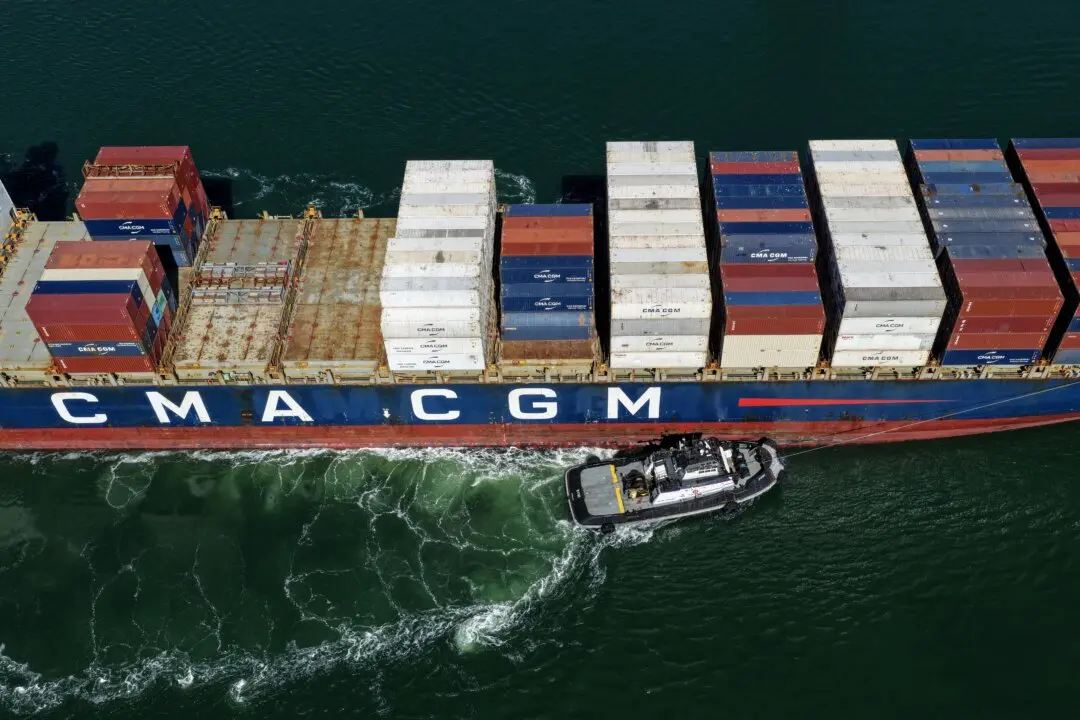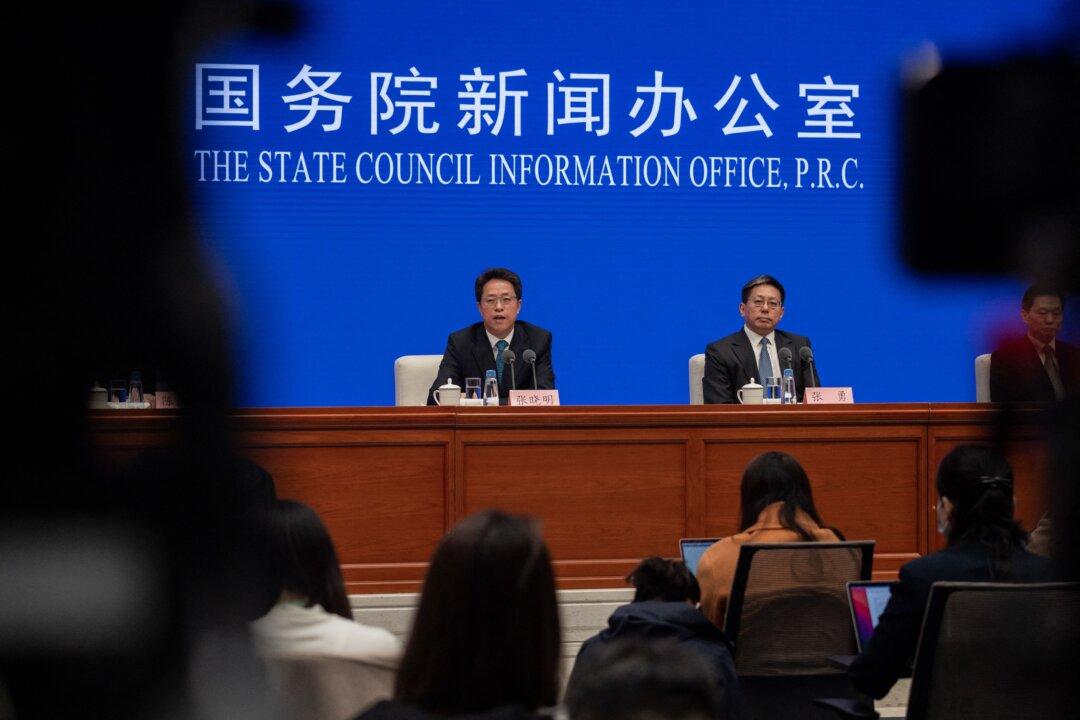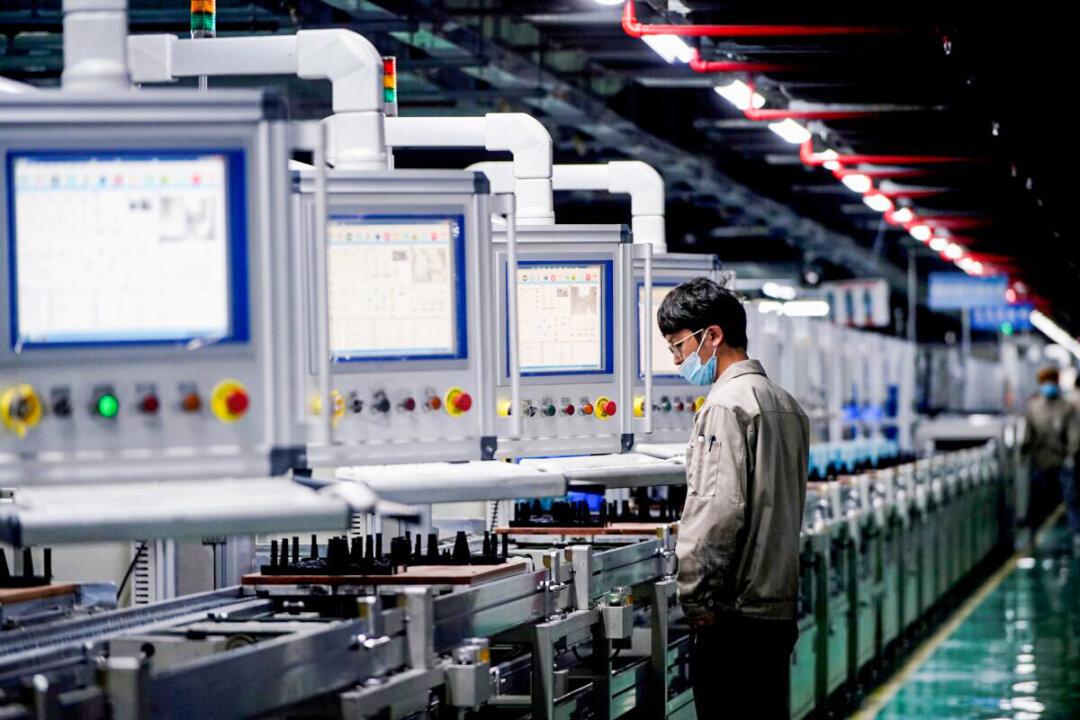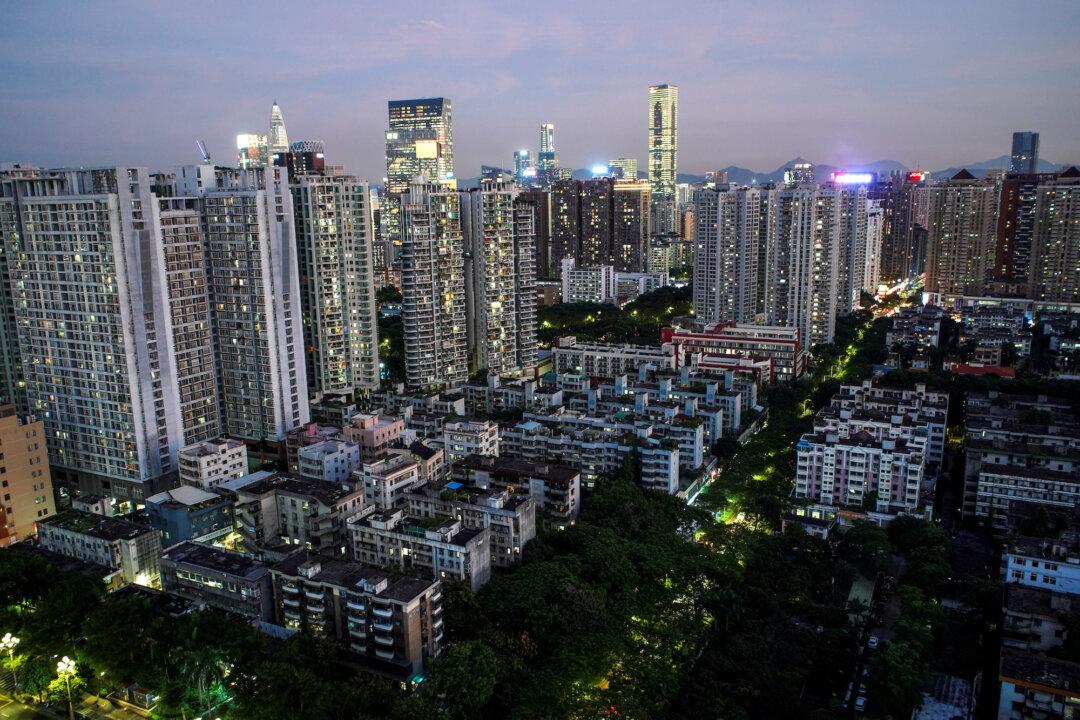An online post warning Chinese travelers about extortion in the guise of COVID-19 testing and isolation when transiting through China’s Fujian Province went viral recently. The message was posted on Chinese social media on Sept. 5 by Wang Lizhi, a pro-Beijing businessman who currently resides in New York.
Wang said: “Relevant departments of Fujian Province make a fortune by deliberately giving false test results and transferring healthy people to Fuzhou Pulmonary Hospital for a comprehensive examination. Even when no disease is found and everything is normal, you must be isolated in the hospital for 14 days.”




